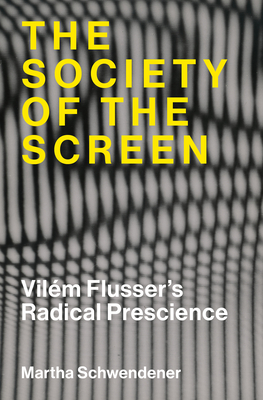Emotional Engineering, Vol.10: Emotional Engineering as a Culture for 22nd Century Civilisation
暫譯: 情感工程,第10卷:情感工程作為22世紀文明的文化
Fukuda, Shuichi
相關主題
商品描述
This book is the latest volume in the series of Springer titles on emotional engineering, tracking the development of this field.
In our society, "Culture" emerges at the dawn of each era, laying the foundation for the development of "Civilization," which is then passed on to the succeeding era. "Culture" embodies the timeless essence of human characteristics, transcending temporal and spatial boundaries, encompassing the visionary pursuit of the future and the relentless quest for self-realization. Both "Motivation" and "Emotion" stem from the Latin word Movere, denoting movement. Why do we, as living beings, bear the epithet "Creatures"? It is because we instigate movement to thrive. Unlike other animals, who move merely to subsist in the present, humans navigate life with an eye toward tomorrow. "Emotion" etymologically signifies "to move out" in Latin, implying the act of manifesting one's inner realm in the external world. However, as denoted by the term "VUCA" (Volatility, Uncertainty, Complexity, and Ambiguity, our society is rapidly evolving into a realm of increasing complexity and diversity, transitioning from the tangible to the intangible. While the tangible realm necessitates interaction, the evolving landscape calls for the intervention of technology. Technology delves into the realm of "How." Yet, "Culture" resides in the emotional domain, pondering "What" and "Why,", as does Engineering. The "Process" of daring to transform dreams into reality assumes paramount significance. History admonishes us that now is the opportune moment to forge a novel "Civilization" for the twenty-second century. Let us harness the power of Emotional Engineering to sculpt the twenty-second century "Civilization" into its best iteration.
This book of collected chapters sums up this challenge and how we can meet it.
商品描述(中文翻譯)
這本書是施普林格(Springer)系列關於情感工程的最新卷,追蹤這一領域的發展。
在我們的社會中,「文化」在每個時代的曙光中出現,為「文明」的發展奠定基礎,並將其傳承給後續的時代。「文化」體現了人類特徵的永恆本質,超越了時間和空間的界限,涵蓋了對未來的遠見追求和對自我實現的無盡探索。「動機」和「情感」源自拉丁文單詞 Movere,意指運動。為什麼我們作為生物,會被稱為「生物」?因為我們促進運動以求生存。與其他動物僅僅為了生存而移動不同,人類在生活中則著眼於明天。「情感」在語源上意指「向外移動」,暗示著將內心世界顯現於外部世界的行為。然而,正如「VUCA」(波動性、不確定性、複雜性和模糊性)所指,我們的社會正迅速演變為一個日益複雜和多樣化的領域,從有形轉向無形。雖然有形領域需要互動,但不斷演變的環境呼喚技術的介入。技術深入探討「如何」的領域。然而,「文化」則存在於情感領域,思考「什麼」和「為什麼」,工程亦然。敢於將夢想轉化為現實的「過程」具有至關重要的意義。歷史告誡我們,現在是為二十二世紀打造全新「文明」的最佳時機。讓我們利用情感工程的力量,將二十二世紀的「文明」雕塑成最佳的版本。
這本收錄的章節總結了這一挑戰以及我們如何應對它。
作者簡介
Shuichi Fukuda is Consulting Professor, Stanford University, Advisor and Professor, Keio University, Japan, Visiting Professor, the Open University of Japan, Dean of Engineering and Dean of Information Systems, Tokyo Metropolitan Institute of Technology, Visiting Professor, Cranfield University, UK, and Visiting Professor, West Virginia University.
作者簡介(中文翻譯)
福田修一是史丹佛大學的顧問教授、日本慶應義塾大學的顧問及教授、日本開放大學的訪問教授、東京 Metropolitan Institute of Technology 的工程學院院長及資訊系統學院院長、英國克蘭菲爾德大學的訪問教授,以及西維吉尼亞大學的訪問教授。












